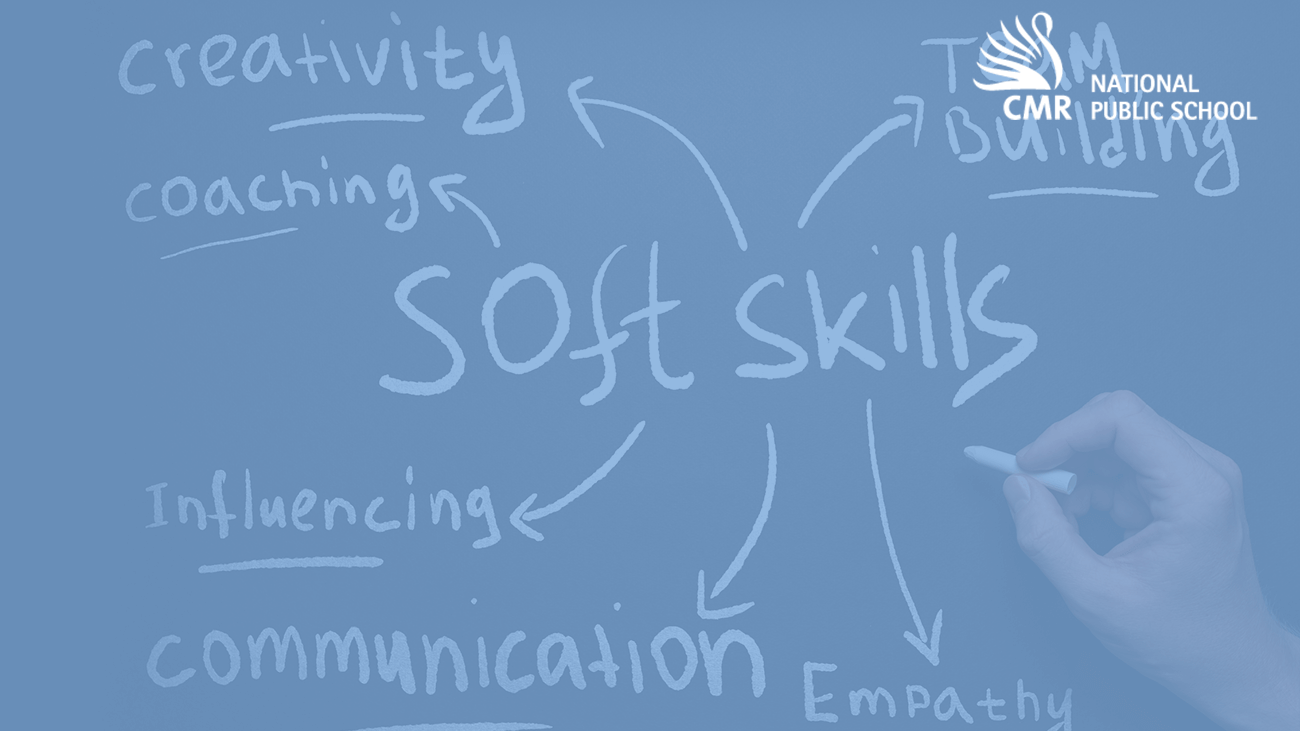Exhaustion seems to be a big part of our lives in today’s times. There is always so much to do, so much pressure and so little time to do it all. So many of us also feel overwhelmed and helpless by everything that we need to do and this adds to this feeling of exhaustion.
Exhaustion feels different for each of us. There are also many different types and levels of exhaustion. Sometimes, you may have had a draining day and no time to rest. Other times, you may have had a gruelling project that is taking up a lot of your energy and time for a period. There are also times when it feels like there is no end to the exhaustion- maybe you’re having a difficult year in school or with your friends or maybe you’re going through low moods or high anxiety levels. These are just a few of the scenarios that come with exhaustion and we may be going through something different than this.
Exhaustion affects all of us differently. Generally speaking, when we are exhausted, it affects our sleep, food intake, energy levels, motivation, sense of joy and peace, mood, anxiety, productivity, and perception of daily events. It’s important for you to understand how exhaustion affects you and what it looks like for you.
Exhaustion sometimes can resemble burnout. Burnout is a feeling where you feel that there is nothing that gives you joy, hope, happiness. It is a state of constant fatigue, especially when related to the work that you are doing.
When it comes to dealing with exhaustion and burnout, there are no easy solutions available. It is essential and helpful to remember that we live in a society that normalises exhaustion and burnout. We are taught that if we are not exhausted, we are doing something wrong or we are not working hard enough. This can make it hard to take rests and breaks because then we are ‘wasting time. Exhaustion is a sign that we need rest and healing which looks different for all of us.
One of the things that have helped me navigate my exhaustion is to work through the guilt and shame that comes with taking rest. There are days I don’t have the energy to do the things I want to do and sometimes I allow myself to take a break because I need to. Navigating exhaustion requires us to prioritize our mental, physical and emotional health over our work and productivity. It means taking a stand against a culture that places more value on the work that we do rather than our health. It is a hard path to navigate but the smallest steps matter here. Allowing yourself a full night’s sleep, choosing to take breaks, opening up conversations about mental health and rest, normalizing breaks and relaxation are all the different ways we prioritize ourselves and take care of what we need.
If you feel the need to talk to someone, do reach out to your counsellors. To reach out to the counselors at CMRNPS, you can use this link below. Please select the option ‘student wellness’:




